
Home alone: Germany’s security and defence policy when its closest allies are gone
By relying extensively on France and the US for its security and defence, Germany could easily find itself isolated and at risk. Berlin needs to act fast

By relying extensively on France and the US for its security and defence, Germany could easily find itself isolated and at risk. Berlin needs to act fast
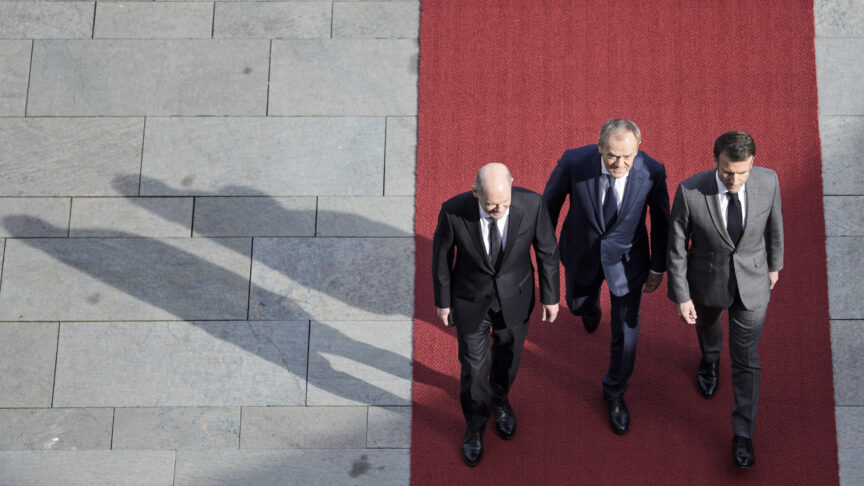
While the traditional Franco-German axis has fallen short of providing the kind of unifying leadership that the EU so desperately needs, the addition of Poland could change everything. And should Donald Trump win the US presidential election, this triumvirate would become Europe’s best hope for salvation
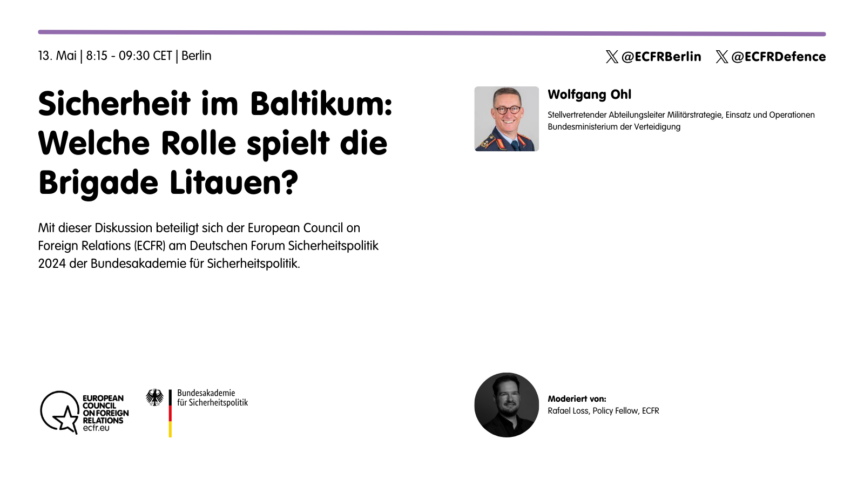
Am 8. April 2024 brach das 21-köpfige Vorkommando der Brigade Litauen nach Vilnius auf. Die Bundeswehrangehörigen werden in den nächsten Wochen und Monaten die erste…
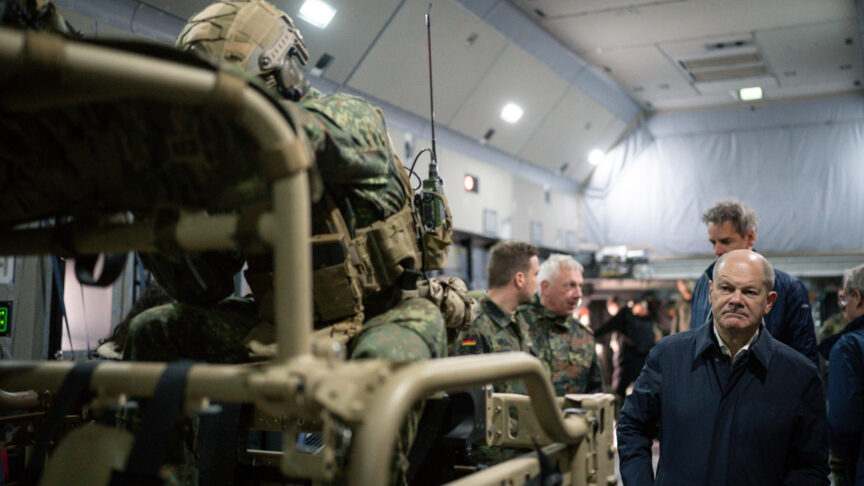
Germany’s defence policy has come a long way in the last two years. But looking at the challenges that lie ahead for Germany, the current course falls short – and the toughest political debates are yet to come
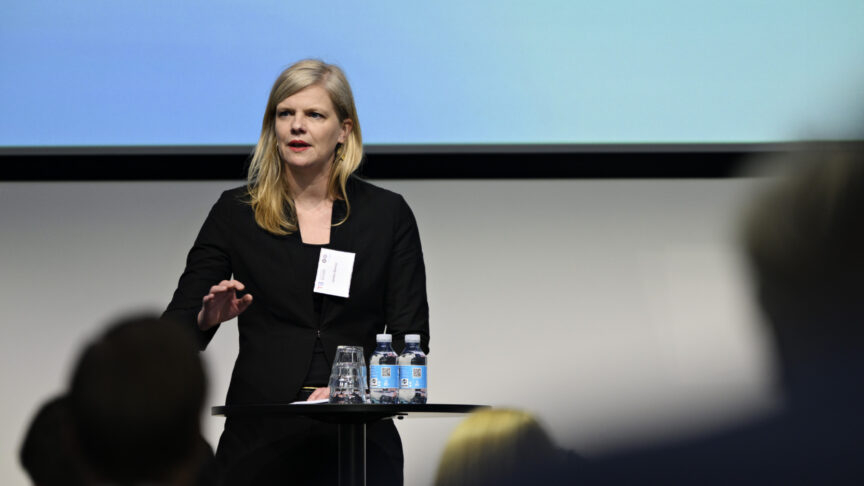
Mark Leonard welcomes Janka Oertel to discuss her new book “End of the China illusion” and the West’s biggest misconceptions about China
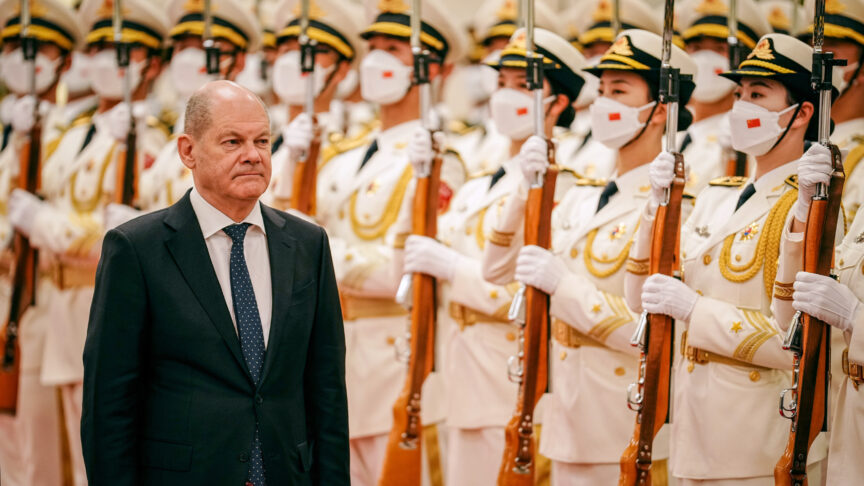
The German government has shed most of its illusions about the future political and economic relationship with China. How it navigates the implementation of its new approach will have significant implications for the EU and other member states
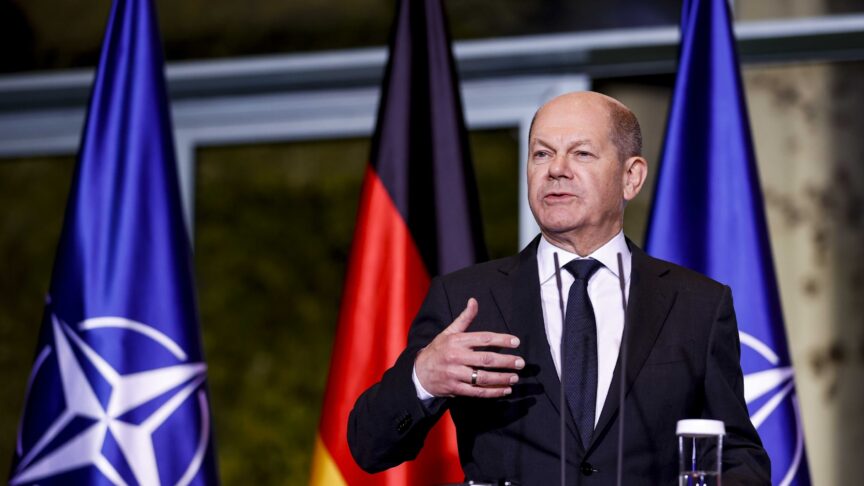
Germany’s first ever national security strategy contained few big surprises – but the country’s NATO partners can still draw three key lessons from the document

Russia’s war in Ukraine has exposed the link between energy and security policy. Renewable energies can help Germany gain energy sovereignty – and protect itself from security threats
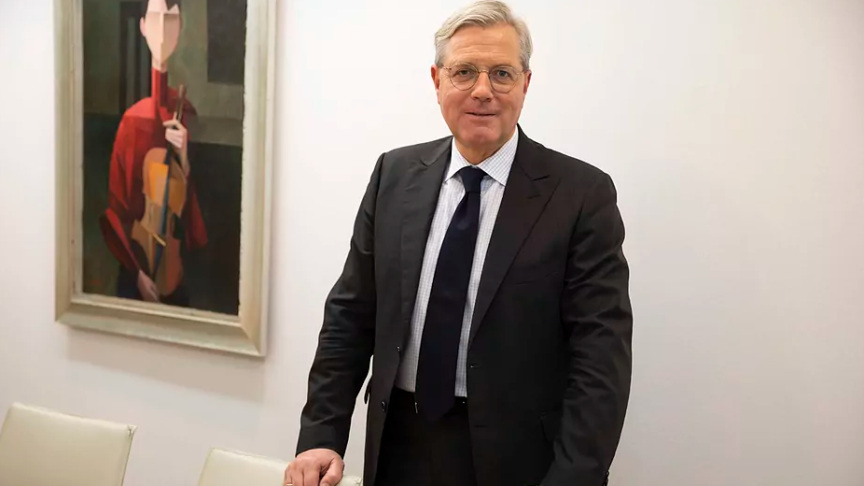
El Consejo Europeo de Relaciones Exteriores (ECFR) organizó el pasado mes de noviembre una serie de eventos con motivo de la visita a Madrid de…
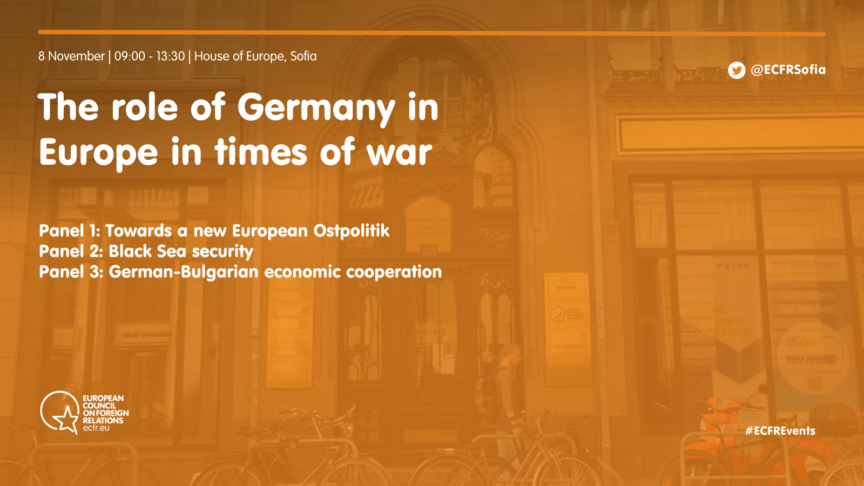
We will discuss Germany’s role in Europe and will reflect on how the new European order is viewed in Berlin
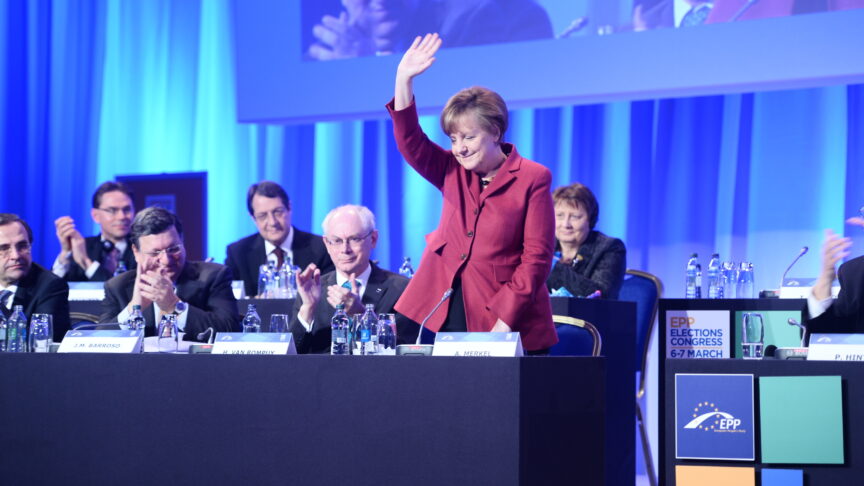
Paradoxically, to fulfil many Europeans’ expectations, Berlin will need to revise the principles of Merkelism that created this trust

By relying extensively on France and the US for its security and defence, Germany could easily find itself isolated and at risk. Berlin needs to act fast

While the traditional Franco-German axis has fallen short of providing the kind of unifying leadership that the EU so desperately needs, the addition of Poland could change everything. And should Donald Trump win the US presidential election, this triumvirate would become Europe’s best hope for salvation

Germany’s defence policy has come a long way in the last two years. But looking at the challenges that lie ahead for Germany, the current course falls short – and the toughest political debates are yet to come

The German government has shed most of its illusions about the future political and economic relationship with China. How it navigates the implementation of its new approach will have significant implications for the EU and other member states

Germany’s first ever national security strategy contained few big surprises – but the country’s NATO partners can still draw three key lessons from the document

Russia’s war in Ukraine has exposed the link between energy and security policy. Renewable energies can help Germany gain energy sovereignty – and protect itself from security threats

In a new world of strongmen and power politics, German policymakers should look beyond existing feminist foreign policy guidelines to develop a new China policy
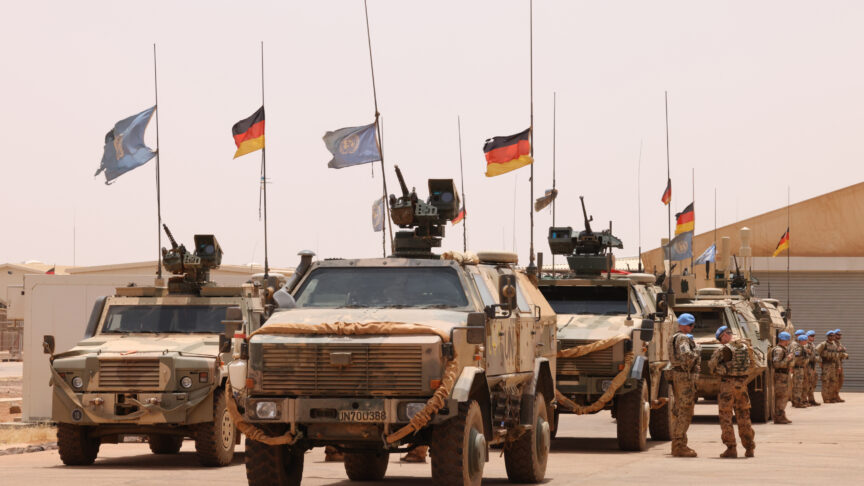
Russia is exploiting weaknesses in Europe’s relationships with states across Africa. Germany will need to set a precedent in Mali if it is to respond to this challenge effectively

Decades of wilfully blind dependence on Russian gas have left Germany facing a bleak winter. German leaders could now have an opportunity to begin repairing the damage
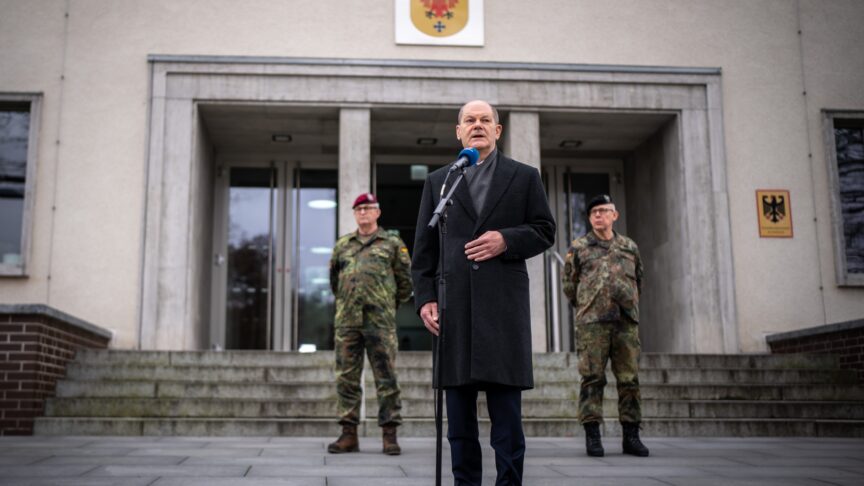
The revolution in defence funding and energy policy that Germany recently announced should be accompanied by an intellectual awakening

Mark Leonard welcomes Janka Oertel to discuss her new book “End of the China illusion” and the West’s biggest misconceptions about China

How deep are the divides between the SPD’s foreign policy and that of the parties they’re running against?

Am 8. April 2024 brach das 21-köpfige Vorkommando der Brigade Litauen nach Vilnius auf. Die Bundeswehrangehörigen werden in den nächsten Wochen und Monaten die erste…

El Consejo Europeo de Relaciones Exteriores (ECFR) organizó el pasado mes de noviembre una serie de eventos con motivo de la visita a Madrid de…

We will discuss Germany’s role in Europe and will reflect on how the new European order is viewed in Berlin